Nigeria's Moral Landscape: Parallels With Khaled Hosseini's The Kite Runner
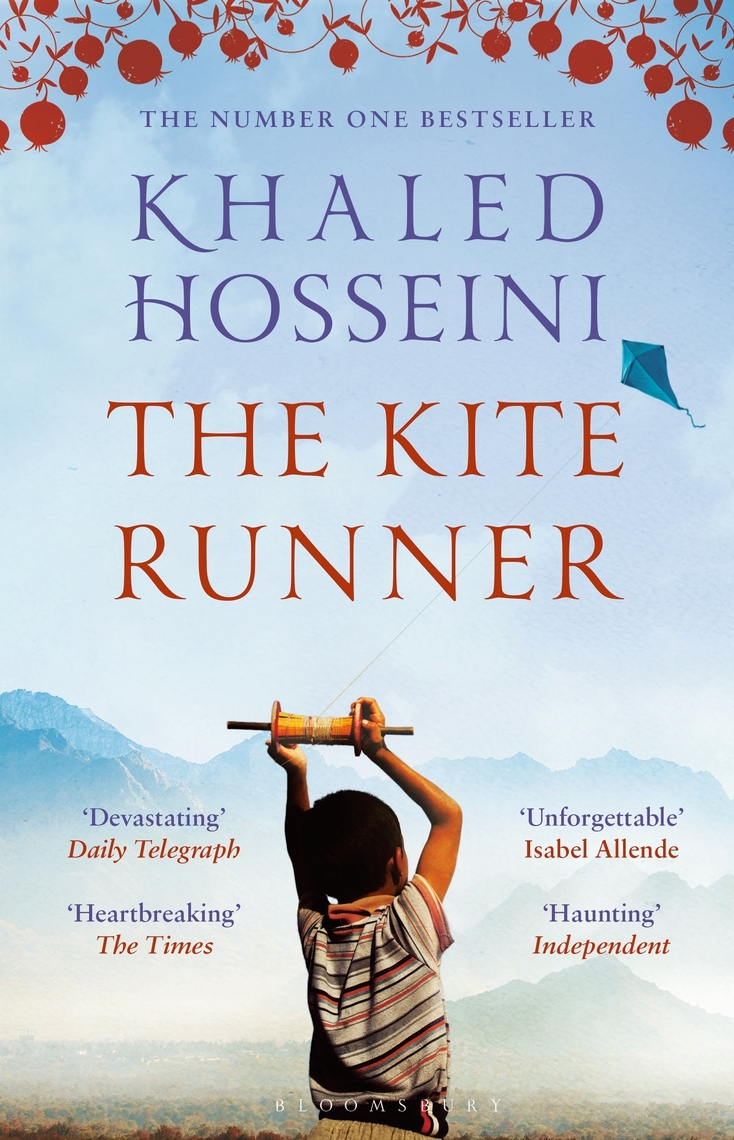
Table of Contents
Betrayal and its Consequences: A Shared Narrative Thread
Amir's Betrayal in The Kite Runner and its Nigerian Counterparts
Amir's betrayal of Hassan in The Kite Runner serves as a potent symbol of the devastating consequences of cowardice and self-preservation. This resonates deeply with the Nigerian experience, where betrayal manifests in various forms. Political corruption, a persistent challenge in Nigeria, often involves betrayals of public trust, leading to misappropriation of funds and the erosion of public services. Similarly, broken trust within families and communities, often fueled by greed or ambition, is a recurring theme in Nigerian society. The abandonment of marginalized groups, leaving them vulnerable to exploitation and neglect, represents another facet of betrayal mirroring Amir's actions.
- Examples of betrayal in Nigerian literature: Chinua Achebe's Things Fall Apart explores betrayal within the Igbo community during the arrival of colonialism. Chimamanda Ngozi Adichie's Half of a Yellow Sun depicts the betrayals experienced during the Nigerian Civil War.
- Betrayal in Nigerian films: Nollywood films frequently portray betrayal within family structures and political circles, highlighting the societal consequences of such actions.
- Current events showcasing betrayal: Recent instances of political corruption and the abandonment of vulnerable populations during crises vividly illustrate the continued relevance of this theme in contemporary Nigeria.
The Long Shadow of Past Actions
The repercussions of betrayal extend far beyond the initial act. Amir’s lifelong struggle with guilt in The Kite Runner reflects the lasting impact of past injustices on individuals and society. In Nigeria, the echoes of historical events such as the Biafran War and military dictatorships continue to shape the nation's moral landscape. These past traumas manifest as intergenerational trauma, impacting social cohesion and hindering reconciliation efforts.
- Examples of historical events shaping Nigeria's moral landscape: The lingering effects of colonialism, the Biafran War, and military rule continue to influence social dynamics and political discourse.
- Intergenerational trauma: The psychological and emotional scars of past violence are passed down through generations, affecting trust and social relationships.
- Forgiveness and reconciliation: The path to healing requires acknowledging past wrongs, seeking forgiveness, and engaging in restorative justice initiatives.
Class Division and Social Inequality: A Recurring Motif
The Stark Class Divide in The Kite Runner and Nigeria
The stark class divide depicted in The Kite Runner, with its portrayal of the wealthy Pashtuns and the marginalized Hazaras, finds a clear parallel in Nigeria's socio-economic realities. The vast disparity between the affluent elite and the impoverished masses influences moral choices and social interactions, creating a system where opportunities are often unequally distributed.
- Examples of class conflict in Nigeria: The gap between the wealthy and the poor fuels social unrest and exacerbates existing inequalities.
- Impact of poverty and wealth inequality: Limited access to resources and opportunities forces many into morally compromising situations.
- Corruption's role in perpetuating inequality: Systemic corruption further entrenches the class divide by diverting resources away from the poor and marginalized.
The Marginalization of Vulnerable Groups
The persecution of the Hazara people in The Kite Runner mirrors the marginalization of various groups in Nigeria. Religious minorities, ethnic groups, and other vulnerable populations often face discrimination, violence, and systematic exclusion from societal benefits. This marginalization carries significant moral implications, highlighting the ethical failings of a society that fails to protect its most vulnerable members.
- Specific examples of marginalized groups in Nigeria: Religious minorities like Christians in predominantly Muslim areas, and vice-versa, often face persecution. Ethnic tensions lead to conflict and discrimination against certain groups.
- Challenges faced by marginalized groups: These groups often lack access to education, healthcare, and other essential services, perpetuating a cycle of poverty and disadvantage.
- Role of social justice movements: Advocacy groups and activists play a vital role in challenging these inequalities and fighting for the rights of marginalized communities.
Redemption and the Search for Forgiveness: A Path to Moral Renewal
Amir's Journey of Redemption and its Relevance to Nigeria
Amir's journey of redemption in The Kite Runner offers a powerful message of hope and transformation. His arduous path toward atonement resonates with individuals and communities in Nigeria striving for moral renewal. This process requires acknowledging past wrongs, taking responsibility for one’s actions, and actively working towards making amends.
- Examples of individuals or groups in Nigeria working towards reconciliation: Truth and Reconciliation Commissions and community-based initiatives play a role in promoting healing and forgiveness.
- The importance of acknowledging past wrongs: Openly addressing historical injustices is crucial for fostering reconciliation and preventing future conflicts.
- The role of restorative justice: Restorative justice practices prioritize repairing harm and restoring relationships rather than solely focusing on punishment.
The Power of Forgiveness in Fostering a Better Future
The transformative power of forgiveness is central to both The Kite Runner and the pursuit of a better future in Nigeria. Forgiveness, while challenging, plays a crucial role in rebuilding trust, fostering social cohesion, and promoting lasting peace. Without it, the cycle of violence and resentment is likely to continue.
- Examples of successful reconciliation efforts in Nigeria: Community-based peacebuilding initiatives and interfaith dialogues demonstrate the potential for reconciliation.
- Challenges in achieving forgiveness and reconciliation: Deep-seated grievances, mistrust, and a lack of accountability can hinder reconciliation efforts.
- Long-term benefits of social healing: A society that embraces forgiveness is better equipped to address its challenges and build a more just and equitable future.
Conclusion
This comparative analysis of The Kite Runner and Nigeria's moral landscape reveals striking similarities in the complexities of human relationships, the devastating consequences of betrayal and injustice, and the enduring power of redemption and forgiveness. By examining these parallels, we gain a deeper understanding of both the fictional world of Hosseini's novel and the intricate moral challenges facing Nigeria today. Further exploration of Nigeria's moral landscape through comparative literature studies is crucial for promoting dialogue, fostering empathy, and ultimately building a more just and equitable society. Let's continue this conversation about Nigeria's moral landscape and its implications for the future. Understanding Nigeria's moral landscape is a crucial step towards building a brighter tomorrow.

Featured Posts
-
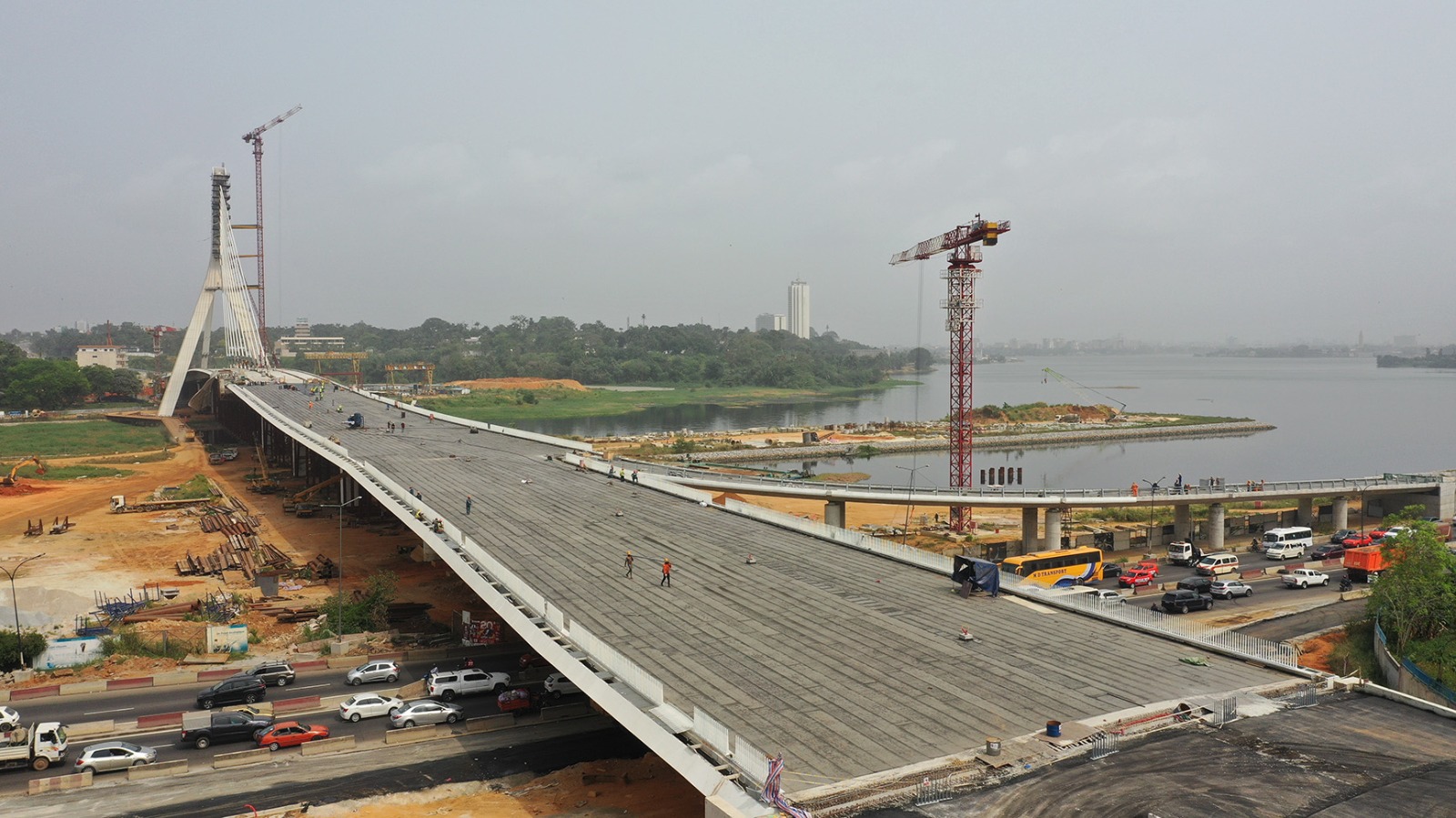 Projet Du 4eme Pont D Abidjan Clarification Sur La Duree Le Budget Et Les Frais
May 20, 2025
Projet Du 4eme Pont D Abidjan Clarification Sur La Duree Le Budget Et Les Frais
May 20, 2025 -
 Find The Answers Nyt Crossword April 25 2025
May 20, 2025
Find The Answers Nyt Crossword April 25 2025
May 20, 2025 -
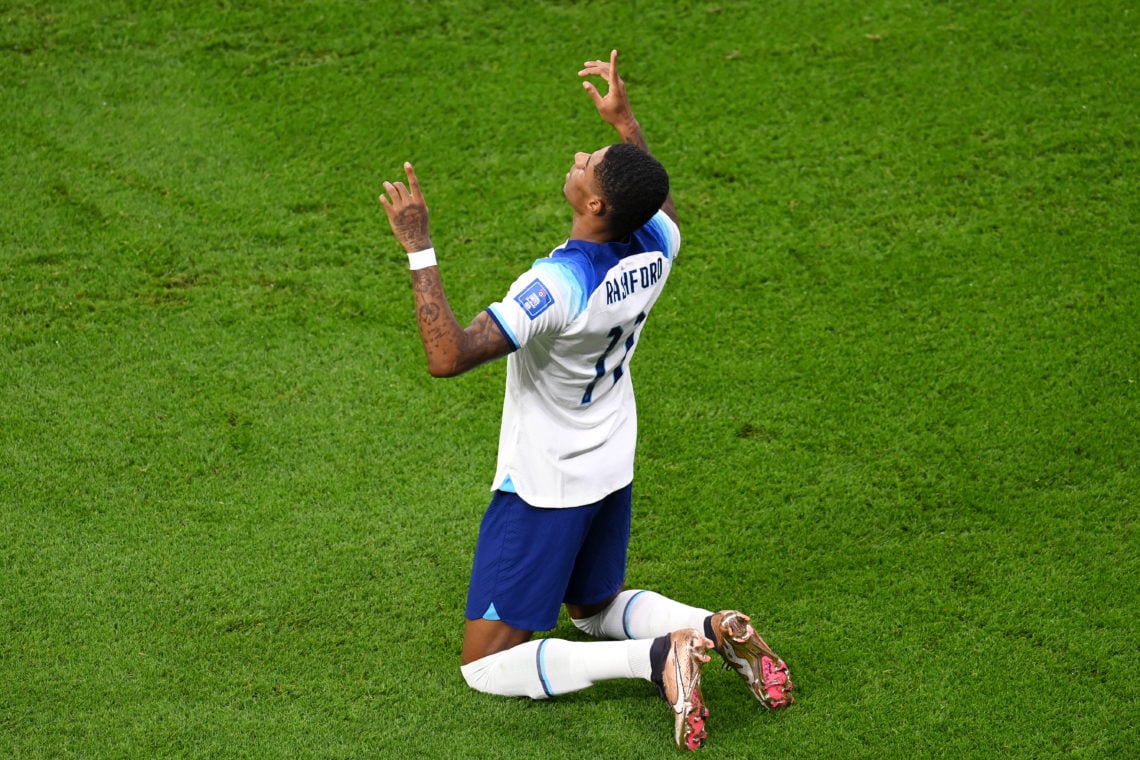 Fa Cup Rashfords Two Goals Secure Manchester United Victory Against Aston Villa
May 20, 2025
Fa Cup Rashfords Two Goals Secure Manchester United Victory Against Aston Villa
May 20, 2025 -
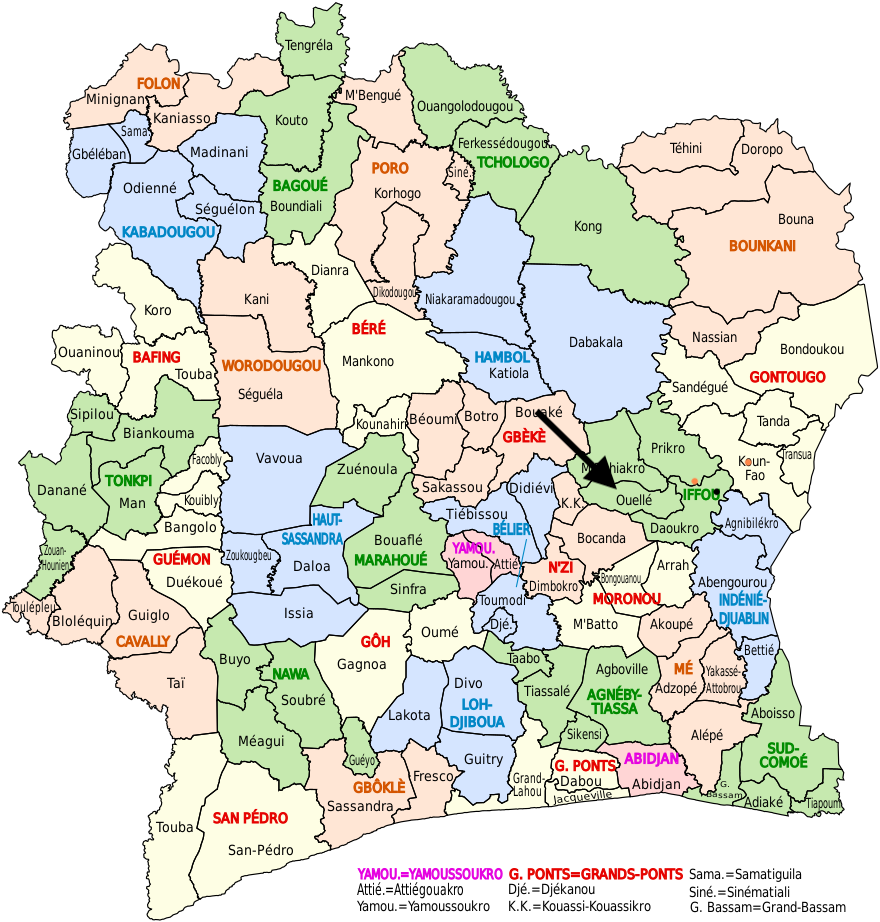 Ivoire Tech Forum 2025 La Plateforme Internationale Pour La Transformation Numerique En Cote D Ivoire
May 20, 2025
Ivoire Tech Forum 2025 La Plateforme Internationale Pour La Transformation Numerique En Cote D Ivoire
May 20, 2025 -
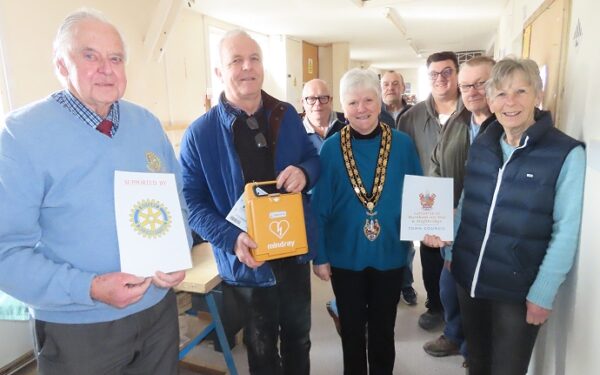 Local History Unveiled New Photo Archive In Burnham And Highbridge
May 20, 2025
Local History Unveiled New Photo Archive In Burnham And Highbridge
May 20, 2025
